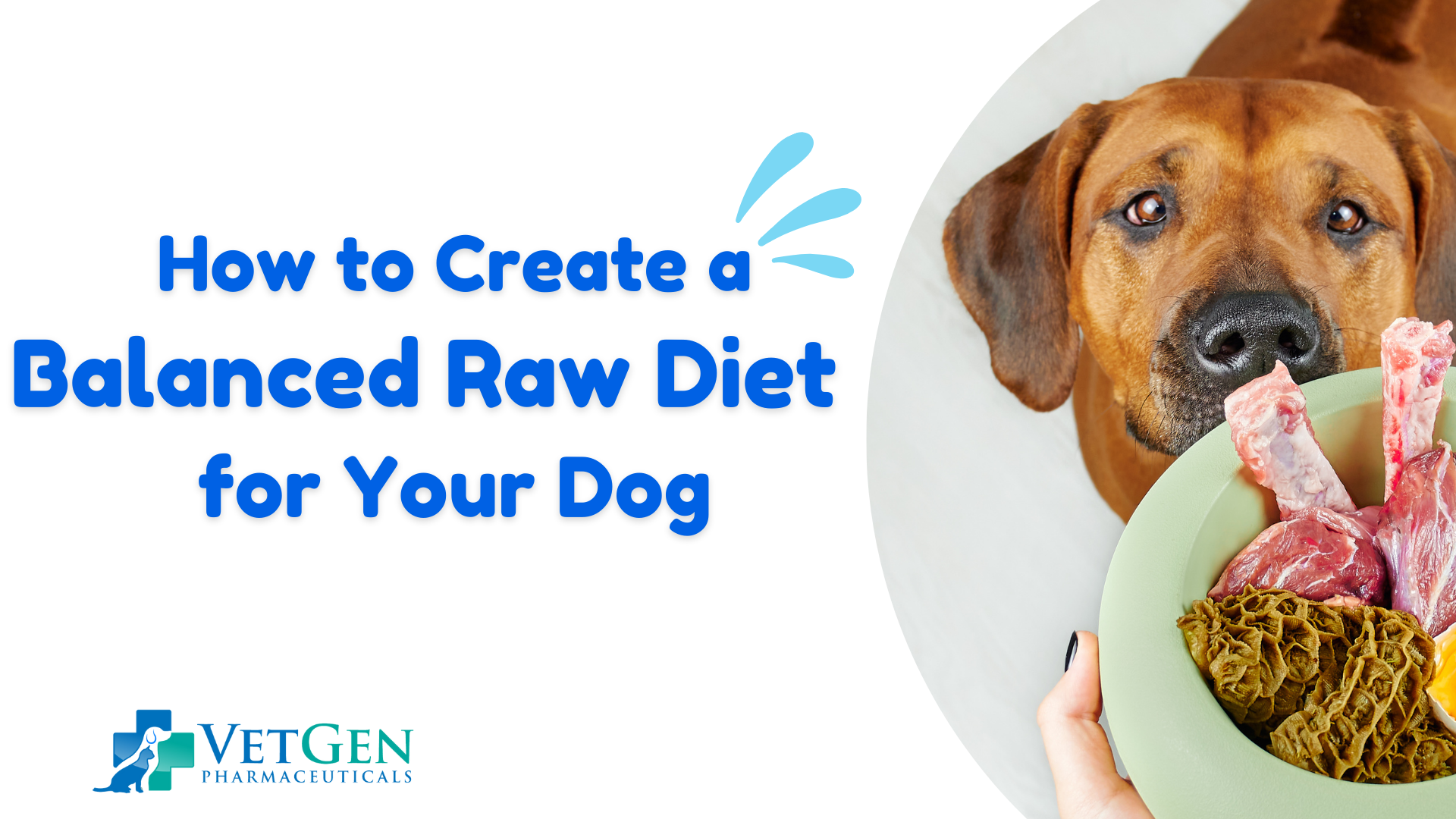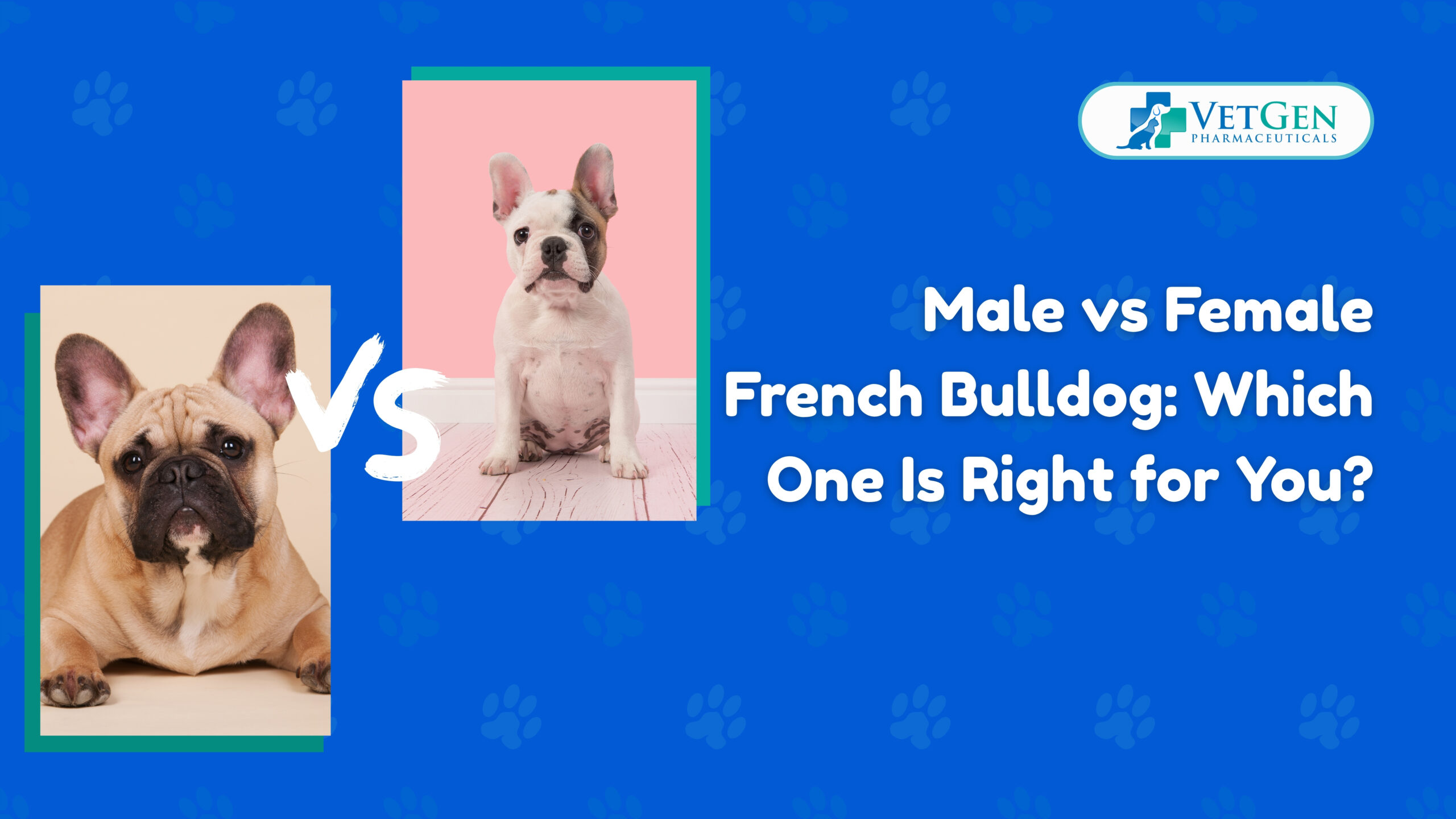Grain-free dog diets have become quite popular among pet owners in recent years. Many people think that these diets can enhance the general health and digestive system of their animal buddies. But do these assertions have scientific backing?
Let’s enter the world of canine nutrition and explore the impact of grain-free diets on dog digestive health.
Understanding Grain-Free Diets for Dogs
As the name suggests, grain-free diets are dog foods that have been processed without the inclusion of any grains like wheat, corn, rice, oats or barley.
Instead, such diets usually employ other types of carbohydrates including potatoes, yams, green peas, lentils or beans. The concept of grain free diets is conceived from the fact that since dogs are the descendants of wolves, they are not in a position to digest grains.
Potential Benefits of Grain-Free Diets
While scientific evidence supporting the need of grain-free diets for all dogs is limited, some potential benefits have been observed in specific cases:
1. Allergies and Sensitivities
The health of some dogs may not allow them to eat certain types of grains due to allergies or sensitivity. In such occasions, a grain-free diet can be useful in reducing such signs as itching, digestive issues or skin conditions.
2. Weight Management
This type of diet contains more proteins and less carbohydrates, so it may be beneficial to understand weight in some dogs.
3. Improved Stool Quality
A simple word of mouth on dog nutrition reveals that some dogs have firmer stools and less gassiness when changed to a grain free diet.
4. Increased Energy
The few owners who suggested improvements in a grain-free diet saw an increase in energy in their dogs. Although, this could also be due to diet quality or their metabolism.
Potential Risks and Concerns of Grain-Free Diets in Dogs
While grain-free diets may offer benefits for some dogs, it’s important to consider the potential risks associated with these diets:
1. Nutritional Imbalances
An improperly formatted grain-free diet can be deficient in certain nutrients which are vital for the normal functioning of an animal’s body. A study done in Journal of Animal Science indicated that some of the grain-free diets lacked the standard amino acids, vitamins and minerals.
2. Dilated Cardiomyopathy (DCM)
Lately, the U. S Food and Drug Administration (FDA) has stated it is looking into a possible correlation between consumption of products with grain-free’ diets and DCM in dogs. However, more on this is being researched and certain diets where grains are limited, especially the ones filled with legumes or potatoes can increase the risk of DCM.
3. Higher Fat Content
A few grain-free diets are rich in fat; thus, making your dog put on some weight or develop pancreatitis if they are prone.
4. Cost
Dietary plans are generally costly and grain-free diets are comparatively pricier than regular dog foods, and this can be a drawback for many people.
Impact of Grain Free Diets on Dog Digestive Health
Research has shown that different grain-free diets for dogs could either improve or have a negative impact on their digestive system based on the dog’s reaction to it and the formulation of the grain-free diet. Here are some things to consider:
- Fiber Content: Grains are considered rich sources of dietary fiber which are very vital in the overall health of the human system especially the digestive system. Grain-free diets more than likely contain small amounts of fiber, which results in constipation or other intestine complications.
- Digestibility: The issue with digestibility of grain-free diets is that it depends on what the manufacturers use in replacement of grains. The fact is that in digesting some of the food components, a dog may be able to consume them far better than another, which may impact the nutrient status of the food and also the digestion process.
- Gut Microbiome: The type of diet can determine the gut microbiome which is central to the well-being of the system. According to a recent study in the journal Animal Microbiome, grain-free diets change the gut microbiome in dogs, but the permanent impact is unknown.
- Individual Sensitivities: Owners whose dogs have a particular sensitivity to grains will definitely see their dogs gain better health in their digestive system when feeding them on treats containing no grains. But what needs to be understood here is the fact that true grain allergies are not very common in dogs.
Conclusion
For the majority of dogs, preserving optimal digestive health is important in a well-balanced meal that is grain-free. Before making any big dietary changes for your dog, always get advice from your veterinarian. Also, pay special attention to how your pet reacts when you introduce them to new food.
Keep in mind that every dog is different, so what suits one might not suit another. Making sure your dog’s food promotes their general health and well-being and satisfies their specific nutritional demands is the most crucial decision when selecting a diet for them.
Frequently Asked Questions
Are grain-free diets necessary for all dogs?
No, grain-free diets are not necessary for all dogs. Most dogs can digest and use nutrients from grains effectively.
Can grain-free diets cause heart problems in dogs?
While the exact cause is still unclear, it’s recommended to consult with your veterinarian before choosing a grain-free diet, especially for breeds predisposed to DCM.
How long does it take to see improvements in digestive health after switching to a grain-free diet?
If a grain-free diet is beneficial for your dog, you may notice improvements in digestive health within 2-4 weeks.
Are there alternatives to grain-free diets for dogs with sensitive stomachs?
Yes, there are alternatives to grain-free diets for dogs with sensitive stomachs. Limited ingredient diets, protein diets, or prescription gastrointestinal diets may be suitable options.
How can I tell if my dog has a grain allergy?
Common signs of food allergies in dogs include itching, skin irritation, ear infections, gastrointestinal upset, and chronic diarrhea.






